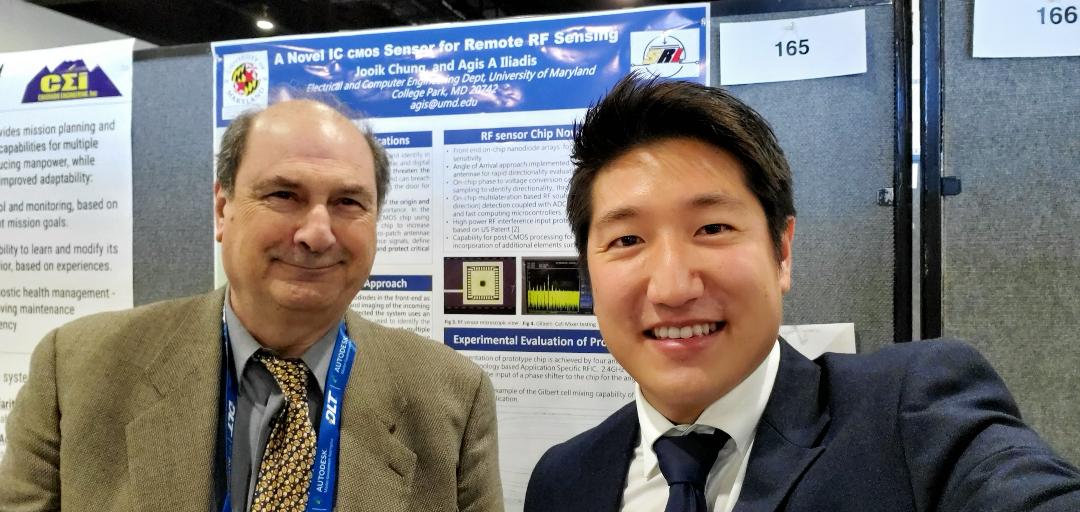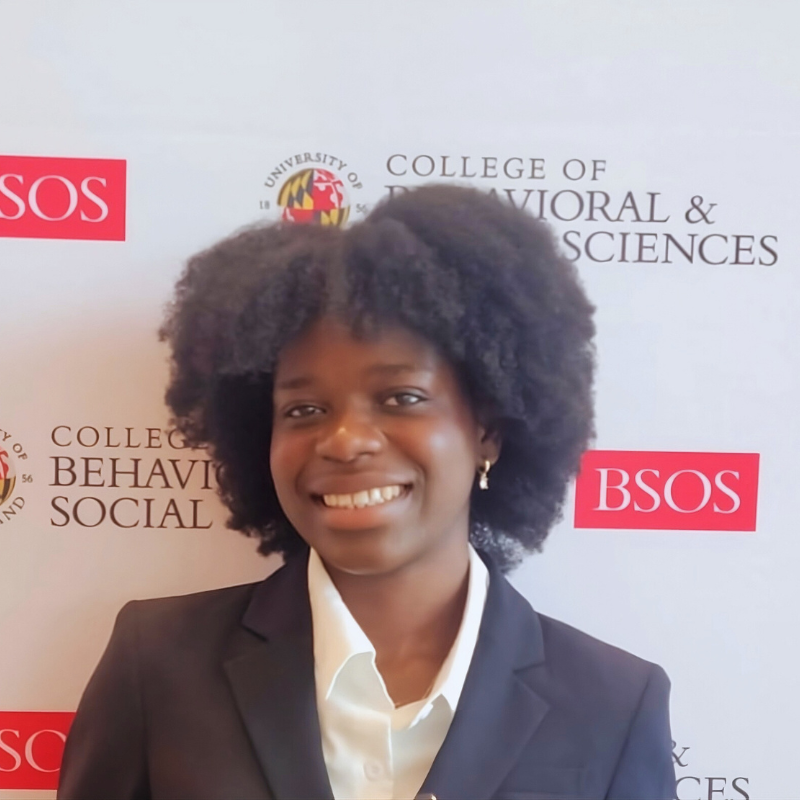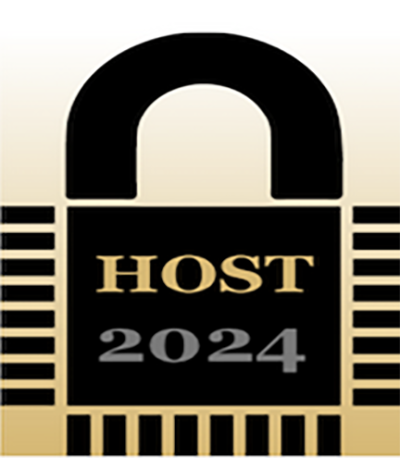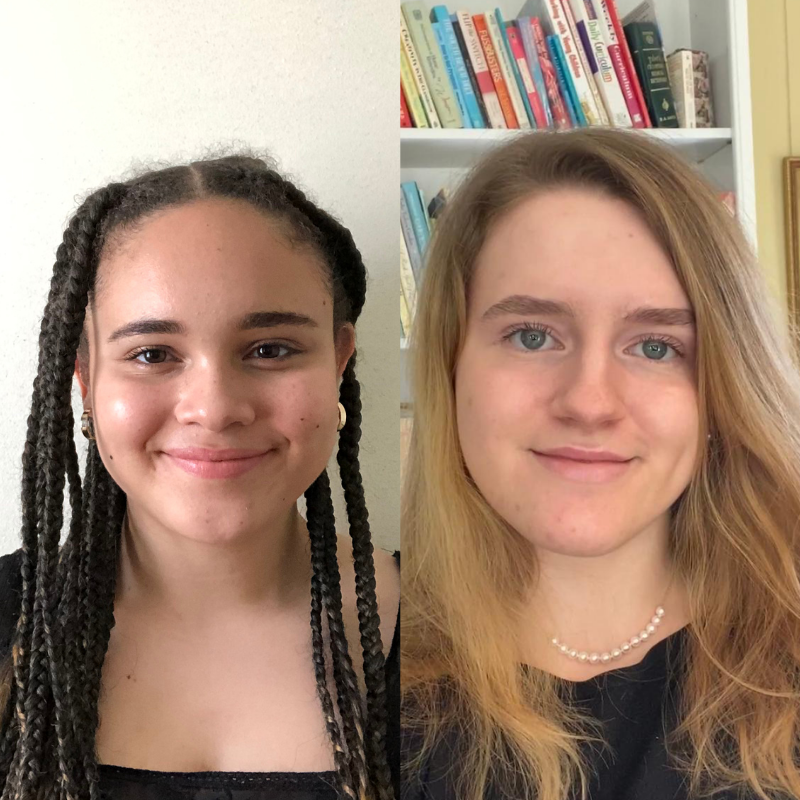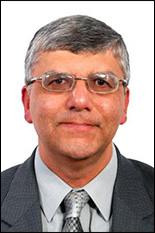News Story
Professor Romel Gomez and Students Participate in IOTSWC20 Digital Summit
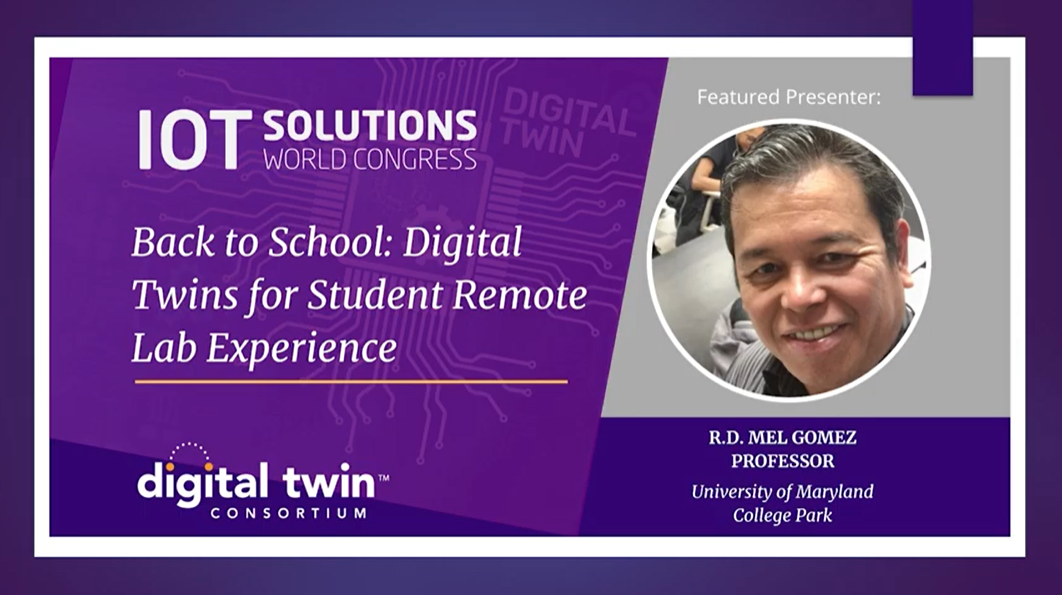
Electrical and Computer Engineering (ECE) Professor Romel Gomez and ECE seniors Michael Connelly, Alexander Mattingly, and Kang Choi participated in the IoT Solutions World Congress 2020 (IOTSWC20) Digital Summit. Their presentation on “Back to School: Digital Twins for Student Remote Lab Experience,” was held on the Digital Twin Day of the Summit. The session led by Gomez explored a prototype implementation of Digital Twin technology for performing laboratory experiments, recently implemented into University of Maryland ECE courses (ENEE101 and ENEE205) in response to the COVID-19 pandemic. The system consists of several projects that students can access from any browser and actuate and redirect signals on various experiments while obtaining quantitative data. More about the experiments can be read here, and the Gizmos can be viewed here.
Gomez is using digital twins to solve the real problem of how to give students the individual experience and training they need when it isn’t possible to work in a physical lab. In doing so, students have achieved many of the core educational objectives of laboratories, including an analysis of real world systems, developing problem solving skills, developing insight and creativity, understanding statistics, and recognizing the limits of the idealized theory and simulations.
“Laboratory experience is an essential part of engineering education,” said Gomez. “As educators, we have to introduce creative ways to make students experience the joy of putting things together, making mistakes and learning from them.”
IOTSWC20 was held virtually December 2-3, and hosted an Artificial Intelligence Day and a Digital Twin Day. The IOT Solutions World Congress is co-organized by Fira Barcelona and Industrial Internet Consortium. Attendees were invited to learn about the evolution of digital twins, AI and their applicability to multiple sectors including manufacturing, construction, transportation, smart buildings, healthcare, energy and military. Latest digital twin innovations include end users presenting real case studies about improved decision making and operational efficiency, and vendors discussing DT platforms, interoperability, security and standards.
Published December 8, 2020



